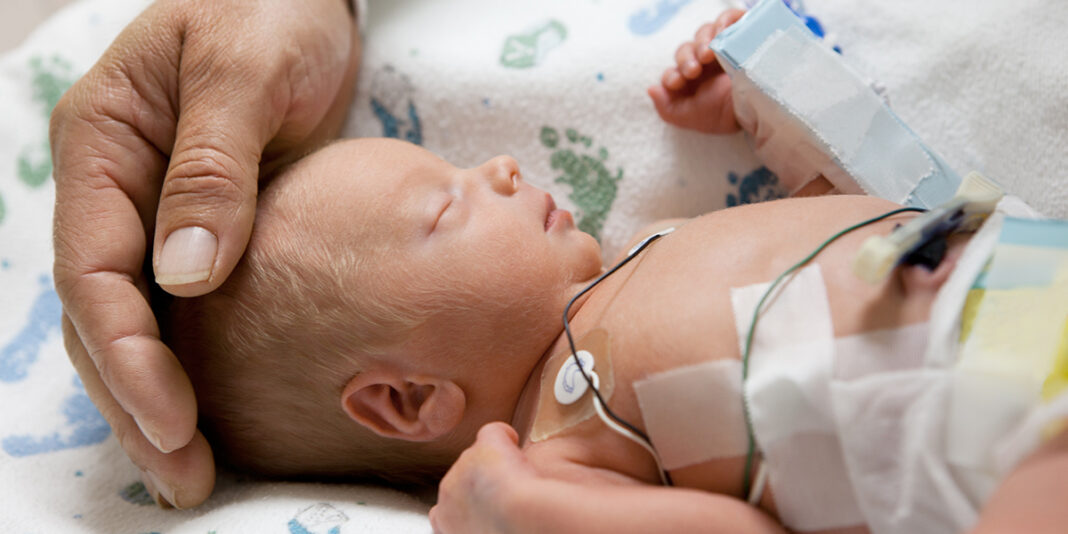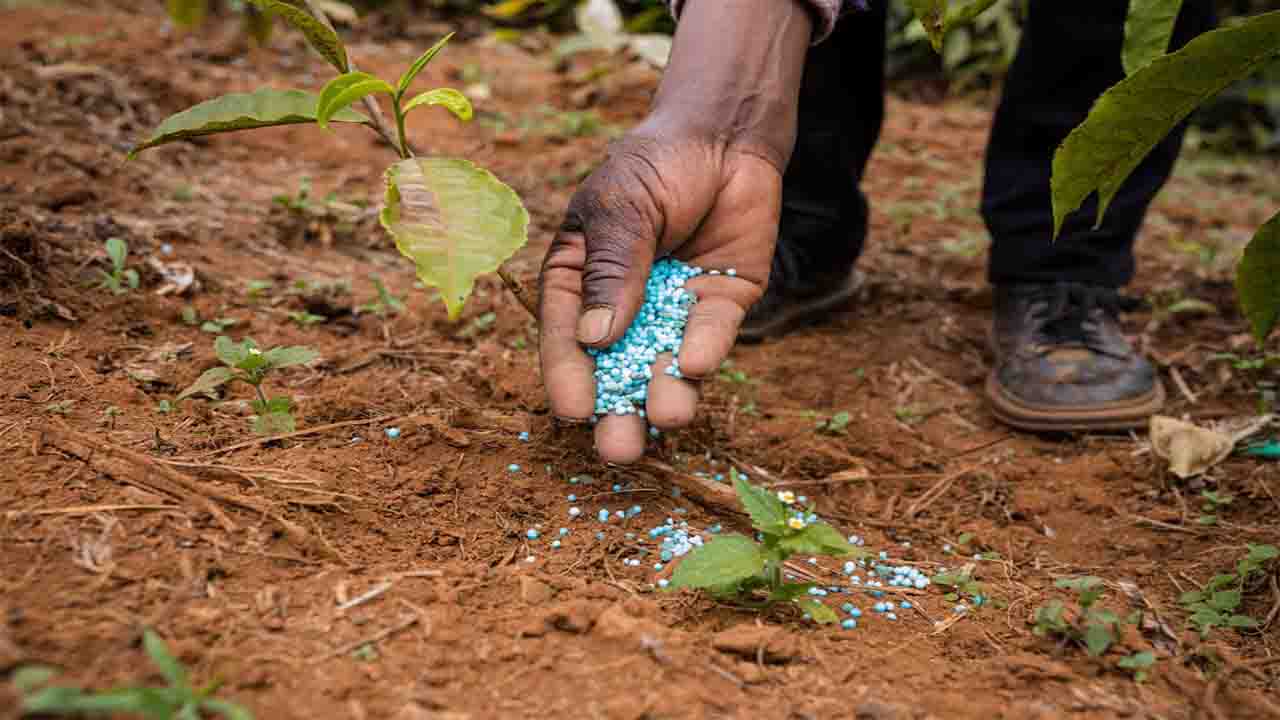Science & Technology, UK (Commonwealth Union) – Preterm babies, also known as premature babies, are infants born before 37 weeks of gestation. The earlier a baby is born, the greater the risk of health problems. Preterm babies may have underdeveloped organs and body systems, which can lead to a variety of complications.
Preterm babies require specialized care in a neonatal intensive care unit (NICU) to help them grow and develop. Treatment may include respiratory support, nutrition support, and medication to prevent infections. With appropriate care, many preterm babies grow up to be healthy children and adults.
A new study conducted at the University College London (UCL) has revealed that Preterm infants fail to get used to repeated pain in the same manner as full-term infants, children and adults do to habituate pain.
The study that appeared in the new Current Biology paper indicated that if preterm infants’ failure to develop the mechanism making it possible for individuals to get used to moderate pain, medical procedures in their 1st few weeks of life may possible effect their development.
Lead author Dr Lorenzo Fabrizi of UCL Neuroscience, Physiology & Pharmacology says “The way that we can get used to things can be seen as the simplest example of behavioural and brain plasticity, and it is a basic part of memory and learning. Pain habituation is important because it enables us to preserve physical, emotional, and cognitive resources by not overreacting to pain that is unavoidable or not life-threatening.”
The study saw 20 infants at University College London Hospitals (UCLH) take part. Where 50% of them were preterm while the other 50% were either born at full term (7 infants) or preterm but tested in term age (3 infants). The 2 groups were comparable in relation to their actual postnatal age, as the preterm babies indicated their median age of 14 days, when contrasted to 10 days among the full-term group.
The study involved gaging the infants’ responses to a painful but clinically needed heel lance, which was carried out twice (3 to 18 minutes gap) for each infant.
Heel lances may bring about a significant number of painful responses in infants, however it was not known on prior occasions if this reduces on repeated lances. To learn if this was the case researchers recorded the infants’ brain activity with EEG (electroencephalography) electrodes attached to the scalp, as well as their heart rates with the ECG (electrocardiography), while also observing their facial expressions and reflexes with the withdrawal of the leg.
The researchers noted that the brain activity was not as strong right after the 2nd heel lance, when contrasted to the 1st, implying a habituation response, however this was only noted in full-term infants. A similar pattern was discovered for heart rate and facial expressions, as preterm infants reacted just as significantly to both heel lances, while the full-term infants were noted to get accustomed to the pain.
Researchers indicated that this habituation response may be a result of the full-term infants expecting imminent pain when they get a 2nd heel lance, hence their reaction is less significant or it may instead or additionally be a result of their brains modulation of their reflexive survival responses.
They further indicated that getting accustomed to pain may protect the full-term infants, but not those who were pre-term, from possible effects to their development.
“While unpleasant and painful clinical procedures are necessary for many young infants, there is the potential to impact their development, such as by altered pain perception, or potentially reduced grey matter or disrupted white matter in the brain,” explained the 1st author Dr Mohammed Rupawala of UCL Neuroscience, Physiology & Pharmacology.
















